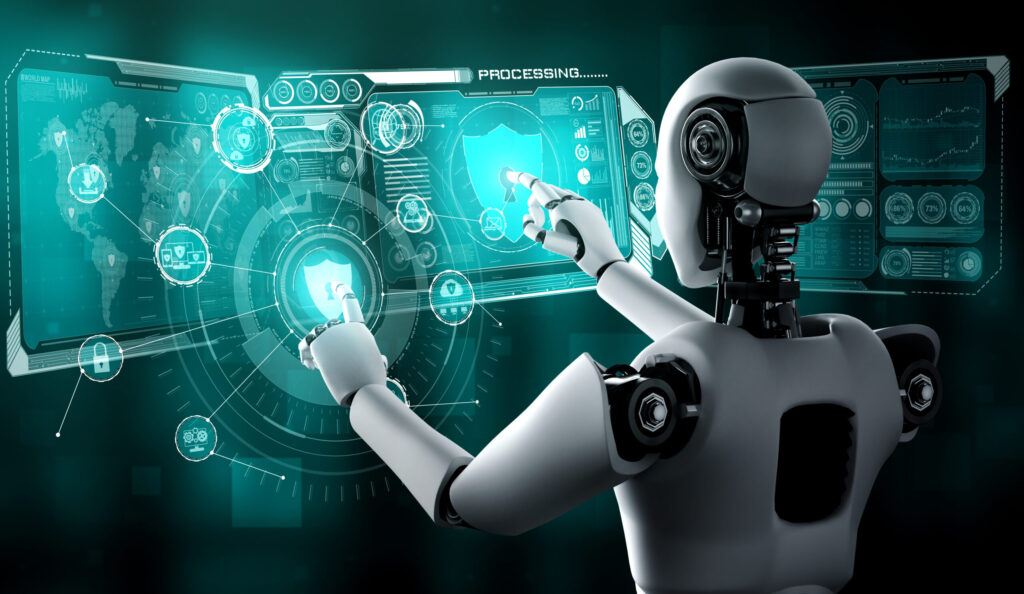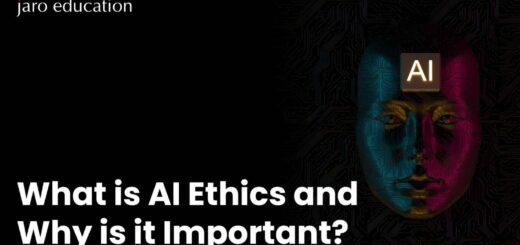The Role of Artificial Intelligence in Personalized Learning: Transforming Traditional Classrooms
Introduction
In recent years, artificial intelligence (AI) has revolutionized numerous industries, and education is no exception. Personalized learning, a teaching method tailored to the unique needs of individual students, has gained traction as a means to enhance academic outcomes. AI plays a pivotal role in making personalized learning more accessible, efficient, and effective, transforming traditional classrooms into dynamic hubs of innovation.
This article explores how AI is reshaping the educational landscape by facilitating personalized learning, addressing the challenges associated with its adoption, and envisioning a future where AI-driven education becomes the norm.

The Concept of Personalized Learning
What is Personalized Learning?
Personalized learning is an instructional approach that customizes educational experiences to suit each student’s abilities, learning styles, and pace. Unlike traditional methods, where a “one-size-fits-all” model prevails, personalized learning ensures that students receive tailored content and guidance that align with their unique needs.
Key Features of Personalized Learning
- Student-Centered Approach: The focus is on individual learners rather than a generalized curriculum.
- Flexible Pacing: Students can progress at their own speed, mastering topics before moving forward.
- Continuous Assessment: Regular evaluations identify areas of strength and weakness.
- Technology Integration: Tools like AI, learning management systems, and digital platforms play a crucial role in implementation.
How Artificial Intelligence Facilitates Personalized Learning
Adaptive Learning Platforms
AI-powered adaptive learning platforms analyze student performance and dynamically adjust the curriculum. For instance, systems like Khan Academy and Duolingo use AI to determine which concepts a student struggles with and provide targeted exercises to address those gaps.
Intelligent Tutoring Systems
AI-driven tutoring systems mimic human tutors, offering personalized guidance and feedback. These systems use natural language processing (NLP) to interact with students conversationally, making learning more engaging and intuitive.
Learning Analytics and Insights
AI algorithms process vast amounts of data to provide actionable insights into student performance. Educators can use these insights to identify at-risk students, optimize teaching strategies, and track progress over time.
Gamification and Engagement
AI enhances engagement through gamified learning experiences. By incorporating game-like elements such as badges, leaderboards, and challenges, AI makes learning fun and motivating.
Benefits of AI in Personalized Learning
Improved Academic Outcomes
By catering to individual needs, AI helps students achieve better academic results. Personalized learning ensures that no student is left behind, bridging knowledge gaps effectively.
Enhanced Teacher Efficiency
AI automates administrative tasks such as grading and attendance tracking, freeing up teachers to focus on instructional activities. It also provides teachers with data-driven recommendations to improve classroom strategies.
Accessibility and Inclusivity
AI-powered tools make education accessible to students with disabilities. For example, speech-to-text and text-to-speech applications assist visually or hearing-impaired learners, while language translation tools help non-native speakers.
Lifelong Learning Opportunities
Personalized learning extends beyond traditional classrooms, enabling lifelong learning. Professionals can use AI-driven platforms to acquire new skills and stay competitive in the job market.
Challenges in Implementing AI for Personalized Learning
Data Privacy and Security
The gathering and examination of student data bring forth critical issues surrounding privacy and data security. Ensuring compliance with data protection regulations, such as GDPR, is essential to safeguard sensitive information.
High Implementation Costs
The integration of AI technologies requires significant investment in infrastructure, training, and maintenance. Budget constraints can be a barrier for underfunded schools and institutions.
Teacher Training and Acceptance
Proper training is essential for educators to harness the full potential of AI tools effectively.
. Additionally, some teachers may resist adopting new technologies due to unfamiliarity or skepticism about their efficacy.
Ethical Concerns
AI systems risk reflecting and amplifying biases from their training datasets, potentially perpetuating systemic inequalities. Ensuring fairness and equity in AI-driven education requires careful design and monitoring.
Case Studies: Successful Integration of AI in Education
Squirrel AI in China
Squirrel AI, a Chinese edtech company, uses AI to deliver personalized tutoring in subjects like math and science. The platform analyzes student behavior, identifies weaknesses, and provides customized learning paths, resulting in improved academic performance.
Carnegie Learning in the USA
Carnegie Learning offers AI-powered math programs that adapt to each student’s learning style. The platform’s real-time feedback and interactive features have proven effective in boosting student engagement and outcomes.
Third Space Learning in the UK
This platform uses AI to match students with tutors for one-on-one math lessons. The system tracks progress and adapts teaching methods to individual needs, helping students achieve significant improvements in their understanding of the subject.
The Future of AI in Personalized Learning
Integration with Emerging Technologies
The future of personalized learning will likely involve integrating AI with other technologies such as virtual reality (VR), augmented reality (AR), and the Internet of Things (IoT). These innovations can create immersive learning experiences, making education more interactive and impactful.
Global Collaboration and Accessibility
AI has the potential to bridge educational disparities by providing quality resources to underserved regions. Open-source AI platforms and global partnerships can democratize access to personalized learning tools.
Continuous Evolution
As AI technology evolves, its applications in education will become more sophisticated. Predictive analytics, emotion recognition, and advanced NLP capabilities could further enhance personalized learning experiences.
Conclusion
Artificial intelligence is reshaping the educational landscape by making personalized learning a reality. Its ability to analyze data, adapt to individual needs, and optimize teaching strategies has the potential to transform traditional classrooms into hubs of innovation and inclusivity. While challenges such as data privacy and implementation costs persist, the benefits of AI in personalized learning far outweigh the drawbacks.
By embracing AI-driven solutions, educators can create a future where every student receives the attention and resources they need to thrive. As technology continues to evolve, the vision of a truly personalized, accessible, and equitable education system is closer than ever.


